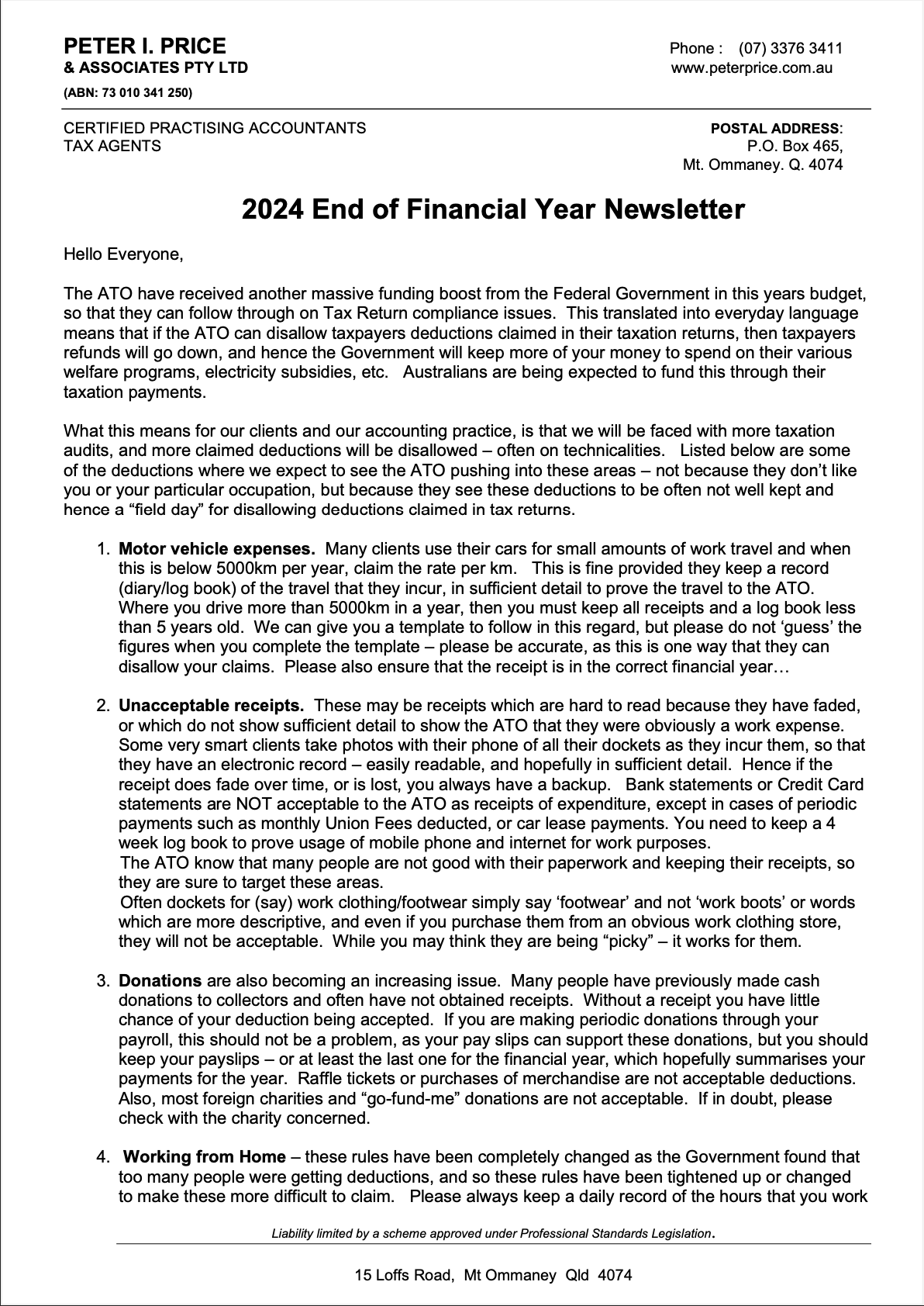Is My Organisation Exempt From the Spam Act?

.
Businesses often rely on email marketing and promotions to provide their customers with information about new products or to reach out to new customers and expand their reach. Due to the increasing value of data and personal information, the Spam Act 2003 (Cth) (Spam Act) restricts spam with the aim to protect individuals from aggressive marketing strategies. Australian Communications and Media Authority (ACMA) monitors compliance with the Spam Act. This article considers which organisations are exempt from the Spam Act.
What is the Spam Act and When Does It Apply?
The Spam Act covers all commercial electronic messages sent by businesses that are not otherwise exempt. Commercial electronic messages may include messages whose purpose is to advertise:
- the supply of goods and/or services;
- an interest in land;
- a supplier of land; or
- a business or investment opportunity.
Additionally, the message must be sent using an internet carriage service to an email account or an instant messaging account. This includes social media accounts and text messages.
The law takes a holistic approach when determining if a message is a commercial electronic message. It looks at the content of the message, how the message presents itself, and any links the message includes. The most common forms of commercial electronic messages are email marketing campaigns.
It is important to note that even if your business is not required to comply with Australian privacy laws, it will still be required to comply with the Spam Act. That is, there is no minimum threshold for businesses to whom the Spam Act applies.
Exemptions
As mentioned above, not every organisation is restricted from sending commercial electronic messages. The Spam Act permits the sending of ‘designated commercial electronic messages’, which are messages sent by:
- government bodies;
- registered political parties;
- registered charities; and
- educational institutions.
However, there is a condition that such entities can only send messages related to their own goods and/or services.
Similarly, businesses that are not any of the entities listed above may send designated commercial electronic messages if the message consists of no more than factual information. However, you should use caution when sending a designated commercial electronic message. This is because anything in the message that could be considered marketing or promotional material means the entire message is commercial. Consequently, the message is subject to the restrictions set out below. An example of this may be a link to a recent promotion your business is offering in the footer of the email.
When Can a Business That Is Not Exempt Send Marketing Material?
We have all received marketing emails before, so in what circumstances can a business send commercial electronic messages? The Spam Act sets out three requirements that businesses have to follow when sending marketing or promotional material to anyone.
Get Permission From the Recipient
The most essential requirement is to have consent from the recipient before sending them marketing or promotional material. Consent may be express, for instance, if the recipient opts in to receive your direct marketing emails. Alternatively, it may be inferred. You may infer permission to send the message if the recipient has knowingly given their contact information (such as when signing up for an account with your business). Likewise, it must be reasonable to believe that the recipient would expect to receive the message from your business.
Inferred consent cannot be taken if the recipient has made a one-off purchase from your business.
Identify Yourself as the Sender
Your message must accurately identify your business details, including the correct contact details for you and your business.
Make It Easy to Unsubscribe
Every commercial message must include an easy-to-use and free, unsubscribe facility. Any request must be actioned within five working days, although most facilities have immediate unsubscribe facilities.
Tim Jones - Lawyer
legalvision.com.au

